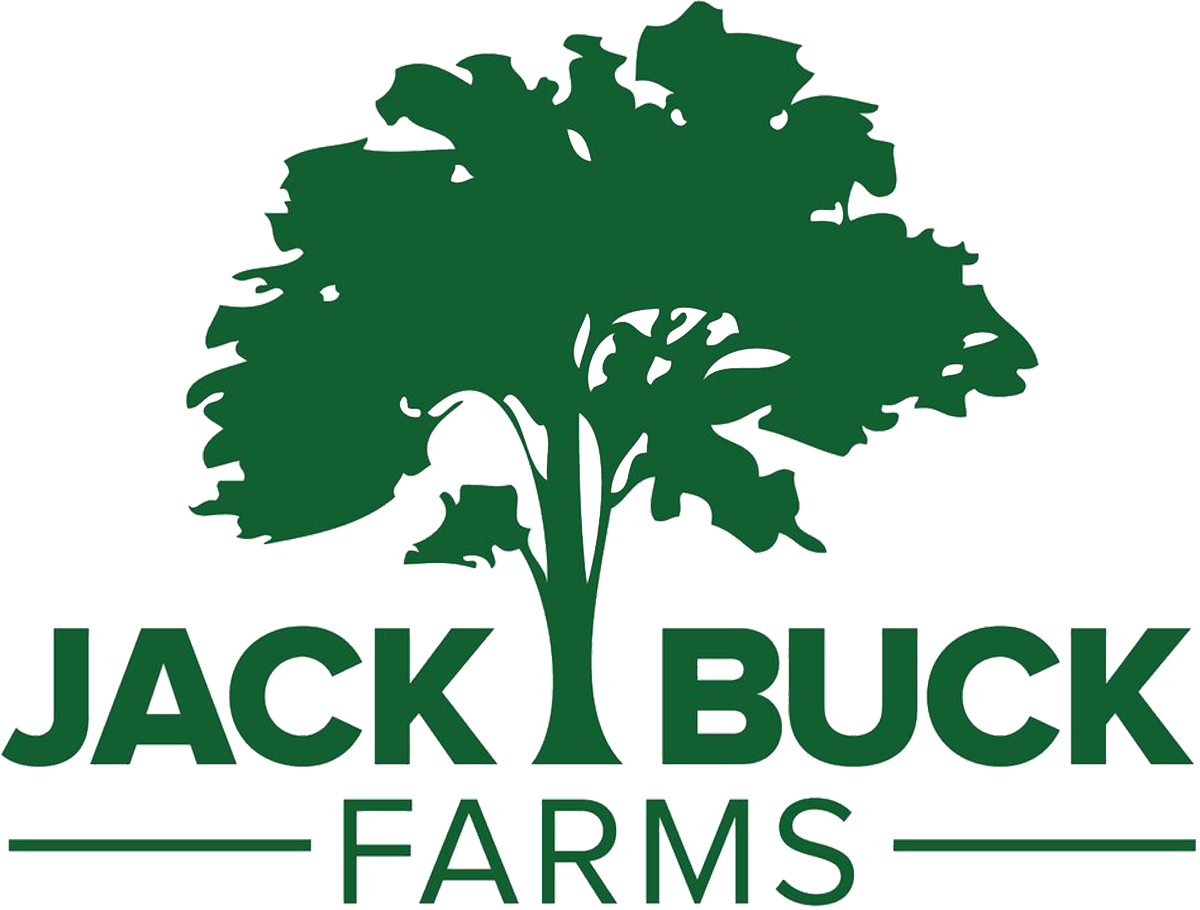Until recently, if you shop in Sainsbury’s you might have got the impression that without me, there would be no celeriac but I am afraid I have to disabuse you of that notion. There is, alas, not much dirt under my fingernails these days and whilst having my name in such a prestigious place may inflate my aging ego, the credit is now only historical. It did, though, have the virtue of making me responsible for at least the farm gate quality of the product. I am happy to say that Julian has knocked me off my perch and the responsibility is firmly his now.
Labels are becoming increasingly important as consumers become ever more interested in the background to their food. The food ingredient company Kerry recently completed a survey and found that 49% of consumers consider sustainability to be a key driver in their purchases.
But no doubt there is a great deal they would like to know about their food and at the same time there is of course a need to reduce unnecessary packaging. Recycling detail, country of origin, nutrition advice, animal welfare, organic, “free from”, food miles all compete for the diminishing space on packaging. In the case of processed food, country of manufacture is important.
Fashions come and go. A few years ago some major sellers put an aeroplane logo on to airfreighted products. Whilst this is very responsible behaviour it is difficult to understand whether this was to encourage or deter purchase and the practice did not last long.
France has adopted a “nutriscore” system but it is of course controversial. The olive oil producers do not like getting a “C” rating because they believe the benefit from the polyphenols in their oil overrides the high calorie count. You cannot please all of the people all of the time.
Personally, I like to see country of origin. I do not want my burger to be made from beef grown in the Amazon rain forest. Well, a farmer would say that wouldn’t he?
Sustainability is immensely difficult to measure and represent on a tiny label. A new approach which is being launched in Europe is illustrated below. The score is calculated from a combination of four factors in the production, carbon dioxide emissions, water use, water pollution and a biodiversity measure with CO2 taking 49% of the points. I hope it gains ground but I don’t look forward to measuring the elements. They will vary enormously from one season to another depending on how many tons are grown per acre and even within years the energy and other elements vary depending on whether the produce is designed to be early with additional costs like plastic covers for instance, main crop with best yields or late season with storage costs and losses.




